MS015 - Goal-Oriented Error Estimation and Adaptivity
Error estimation and adaptation play a crucial role in the efficient and reliable computer simulations of complex phenomena. Indeed, the numerical solution of many practical problems in computational sciences and engineering is challenging, and designing adaptive methods is of paramount importance for reducing computational costs while retaining a suitable level of accuracy. Nowadays, the topic extends beyond classical discretization error assessment and mesh refinement such as standard h/p adaptive finite element methods. It encompasses for instance adaptive reduced order modeling aiming at building an accurate surrogate model for random/parametric partial differential equations, models which are particularly useful in the context of multi-query simulations for uncertainty quantification or design optimization. It further involves novel topics relevant to engineering applications, including goal-oriented methods for the control of errors in specific quantities of interest.
The objective of the mini-symposium is to present the latest developments on goal-oriented error estimation and adaptive methods. We anticipate talks on topics including:
The objective of the mini-symposium is to present the latest developments on goal-oriented error estimation and adaptive methods. We anticipate talks on topics including:
- Discretization and modeling error analysis for nonlinear or time-dependent problems;
- Control of errors in multi-physics or multi-scale problems;
- r-adaptive methods based on moving mesh or optimal transport techniques;
- Adaptive strategies for reduced order models;
- Error estimation and adaptive schemes for uncertainty quantification;
- Stability, convergence, and optimality analysis of adaptive methods;
- Use of machine learning techniques for error estimation and adaptivity.

